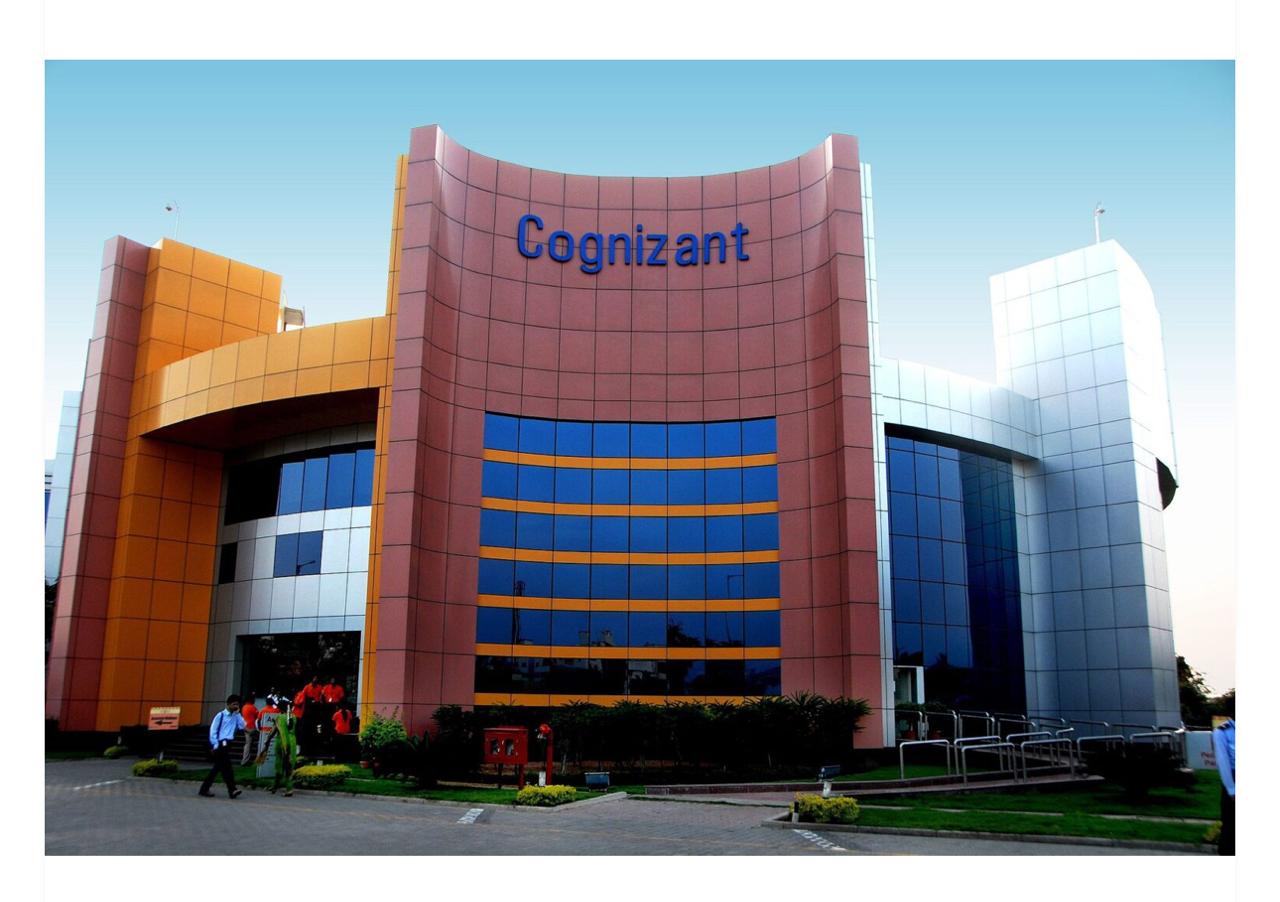As recently reported in the prominent UK-based legal publication Global Investigations Review, former Cognizant real estate executive, Srimanikandan Ramamoorthy, could expose himself (and others) to significant legal issues in India if he testifies in the U.S. later this year. As of now, he is expected to be the U.S. government’s key witness in the trial of two former Cognizant executives who are accused of authorizing Ramamoorthy to pay one of the two bribes he is being investigated in India for.

However, Ramamoorthy is the accused under at least two FIR investigations in India by the Directorate of Vigilance and Anti-Corruption in Chennai and Maharashtra for paying multiple bribes to government officials to obtain necessary permits for Cognizant real estate projects. In addition, Ramamoorthy appears to be under investigation by the Enforcement Directorate. And, as GIR writes, “in the Indian cities of Chennai and Pune, local police are expected to follow Srimanikandan Ramamoorthy’s evidence very closely.”
It is assumed that many years ago Ramamoorthy was given a non-prosecution agreement (NPA) by U.S. law enforcement officials in return for his cooperation and agreement to testify against his former colleagues in the upcoming trial, which will take place in September. If he did, this made him an approver in the U.S. legal system, as opposed to a main accused, which is exactly what he is in various proceedings in India. Nevertheless, as GIR states, “[even if] Ramamoorthy has obtained an NPA, his legal troubles aren’t over. Reaching an NPA in the US doesn’t mean that a person can’t be charged in another country.”

Thus, Ramamoorthy’s testimony in the U.S. could very well amount to a direct confession to the crimes for which he is an accused in India and provide the very evidence that the local police in India need to charge him (and possibly others) with crimes in India. How’s that for irony and legal jeopardy?
The U.S. trial was supposed to take place in October of last year, but in a 23rd hour surprise just weeks before it was supposed to start, the U.S. government notified the court that Ramamoorthy would not be able to attend the trial because he had voluntarily surrendered his passport to Indian officials. The lawyers representing U.S. law enforcement therefore asked the judge overseeing the trail to delay its start – demonstrating the crucial nature of Ramamoorthy’s expected testimony
But it is that critical nature of the testimony – in September, he will have to testify under oath in open court in the U.S. to his own crimes and the crimes of others who are currently accused under the FIRs – that also makes it very legally risky for him in India. In fact, if he goes to the U.S. to testify it is not so farfetched to foresee that he could be arrested immediately upon his return to India.
The U.S. trial is scheduled to start on September 9. Will Ramamoorthy really be part of it? Would he, a citizen of India, who currently resides in India, help the U.S. authorities only to put himself in serious danger immediately upon his return to India? Right now, only he knows. But stay tuned as it could lead to even more legal drama in Chennai and Pune in the months and years to come. Certainly others
implicated in the alleged scheme will be watching closely as Ramamoorthy’s testimony could also lead to them being arrested and charged as well.
Also Read: RBI Pins Food Inflation As Reason Behind Slow Pace Of Disinflation












